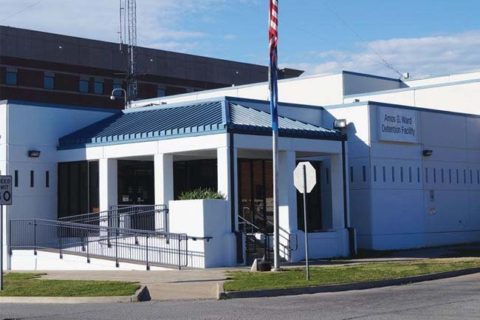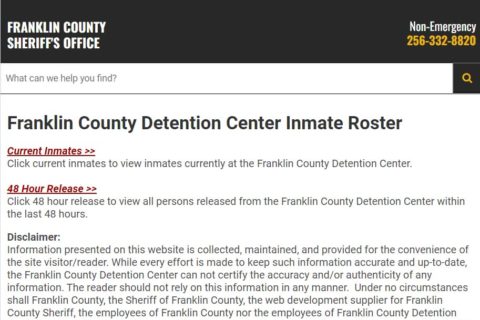In many prisons, once other prisoners know a crime committed by a prisoner, it will influence how that prisoner is treated within the prison population. This phenomenon is commonly known as “convict code” or “prison etiquette.” Of course, it can vary from one prison to another prison and among different groups of prisoners. Now, let us delve deeper into the complex dynamics of how prisoners are treated upon arrival at a prison.
How Prisoners Are Treated Upon Arrival at the Prison?
Upon arrival at a prison, and once other prisoners know the type of crime you committed, then it will influence how you are treated within the prison population. Prisoners convicted of certain crimes are usually treated differently. Namely crimes of abuse and crimes of a sexually deviant nature, especially those involving children. In the prison hierarchy, these crimes are at the lowest level because of the heinous and disgusting nature of the offenses.
The prisoners who committed crimes that victimize elderly people, especially if the offense involves elements of a sexual nature, will be treated differently. Different treatment within the prison will also be felt on prisoners who are convicted of domestic assault or murder, as well as assault or murder involving a child as a victim. Prisoners who abuse children, women and the elderly surely will not be treated well in prison. Aside from that, other prisoners will be treated differently for a prisoner who convicted abuse of corpses and animals, also commonly called a psychopath. Thus, simply, we can say that the type of crime committed by the prisoners will significantly influence how they are treated in prison.
Factors That Influence a Prisoner’s Treatment Upon Arrival at a Prison
Some common factors that influence a prisoner’s treatment including:
1. Stigmatization
Prisoners who are convicted for certain crimes, such as sex offenses or crimes against children, usually face isolation and extreme hostility from other prisoners. Sex offenders are frequently segregated from the general population for their own safety. In the prison, they may face threats from other prisoners. These prisoners are considered at the bottom of the prison hierarchy.
2. Impact of the Crime on Fellow Prisoners
Prisoners who have harmed other prisoners within the prison system, such as attacking fellow prisoners, or even committing murder, will inevitably face retaliation from the victim’s peers. The prison environment can be very volatile, with alliances formed based on a sense of justice or revenge. Apparently, this cycle of violence will have the potential to perpetuate conflict within the prison.
3. Social Groups
In many prisons, prisoners tend to form social groups or gangs based on shared backgrounds, affiliations, or common enemies. Upon arrival at the prison, prisoners can align themselves with other prisoners who have the same criminal history or who belong to the same gang, which surely can impact how they are treated. Usually, prisoners who have the same similar criminal histories will be treated well by other prisoners who have similar backgrounds, affiliations, or common enemies. Conversely, a prisoner with a different criminal background may face opposition or competition from these groups.
4. Prisoner’s Behavior and Personality
A prisoner’s behavior and personality can play a significant role in how they are treated in prison. Prisoners who are always humble, respectful, and not involved in any conflicts within the prison system, usually will be treated well, regardless of their crimes. Conversely, prisoners who are arrogant, aggressive, or always disruptive to other prisoners, will not be treated well, regardless of their crimes.
5. Correctional Officers’ Influence
Based on the research, correctional officers also influence how prisoners are treated within the prison population. In many prisons, prisoners are treated differently by the correctional officers, based on their crimes, leading to preferential treatment or harsher treatment. Of course, differences in treatment of prisoners by correctional officers can exacerbate tensions between prisoners.
Conclusion
In conclusion, a prisoner’s treatment upon arrival at a prison can indeed be influenced by the type of their crime. Prisoners who are convicted of abusing children, women and the elderly usually will not be treated well in prison. Besides type of crime, there are still some other factors that influence a prisoner’s treatment upon arrival at a prison, such as the prison’s culture, social groups, prisoner’s behavior and personality, and the actions of correctional officers.

A bookworm and researcher especially related to law and citizenship education. I spend time every day in front of the internet and the campus library.




